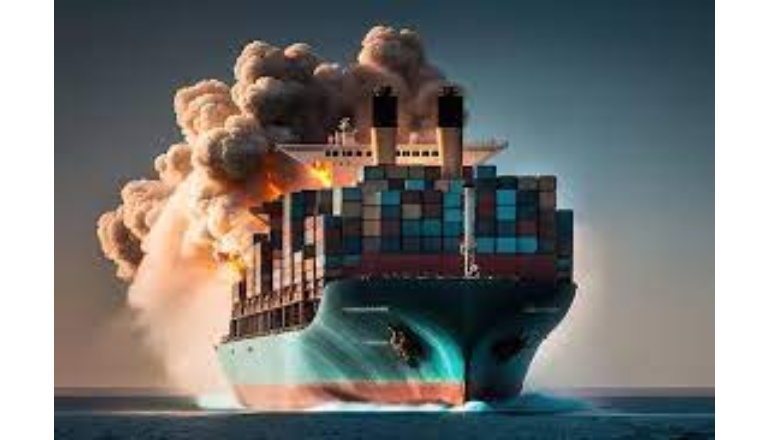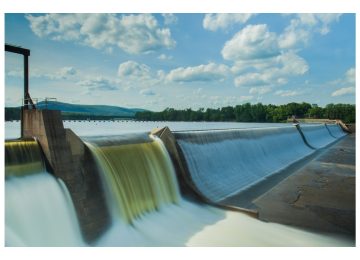The Water crisis unfolds before us daily. People struggling for water is no longer a rural phenomenon. It is rapidly spreading wings to the metropolitan areas too.
The situation is becoming grave each year. We witnessed devastating news stories after municipal water had run out to depleted reserves in Johannesburg. The same year, Chennai, a bustling metropolis in South India, grappled with a severe water crisis. These weren’t isolated incidents – Bengaluru, India’s Silicon Valley, is grappling with daily water struggles. These are stark warnings-a glimpse into a future.
The evidence is undeniable. There’s a growing consensus among experts that water scarcity could be the next global crisis, potentially even leading to wars. But amidst the growing despair, a question begs an answer: Why haven’t we found solutions?
I don’t want to analyze the underlying causes.
However, I want to highlight three crucial areas that need immediate action:
- Lack of Awareness or Ignorance: Despite the problems caused due to water scarcity, people are indifferent. Sadly, they are not aware of efficient water practices, and recycling.
- Blind Eye to Environmental Damage: I am worried about the “I don’t care” attitude towards the depletion of water sources. This includes turning a blind eye to unlawful activities such as reclaiming water bodies as land. The depletion of natural resources also continues unchecked.
- Absence of Penalties: There is a disturbing lack of accountability for water wastage, which discourages responsible consumption. Without consequences, there is little incentive to conserve.
It is a common practice and the easiest excuse to blame population growth and geographical limitations. However, history narrates a different story.
In the 1970s and 80s, India, in partnership with UNICEF, undertook one of the largest rural water programs in history. This initiative was born out of the devastating Bihar drought of 1966 where 60 million people faced acute shortages of food and water. A stark reminder of how important water is to human life.
The program led to the widespread adoption of borewells and hand pumps. The initially installed hand pumps did not work for India because of the sheer volume of usage. This led to the innovation of Mark II hand pumps, a testament to India’s answer to water woes and the greatest gift to the world.
Call to Action:
Action and not Indifference: We can no longer afford to be passive bystanders. We need innovation and must embrace a solutions-oriented approach. We need more innovation in water management and conservation technologies.
Revive Our Waterways: Reviving and protecting natural water bodies like lakes and rivers is crucial. These ecosystems play a vital role in replenishing groundwater reserves and maintaining a healthy water cycle.
Beyond Recycling: Although water recycling is crucial, we must go beyond it. We must promote a culture of water awareness that emphasizes responsible consumption, source protection, and sustainable water management.
The UN’s theme for World Water Day 2024, “Water for Peace,” speaks volumes. It is our collective duty to ensure water availability, restrict consumption, and safeguard sources.
Let’s not sleepwalk into a future ravaged by water scarcity. This year can be the beginning of a new era of water stewardship, one where we work together for a sustainable future.









